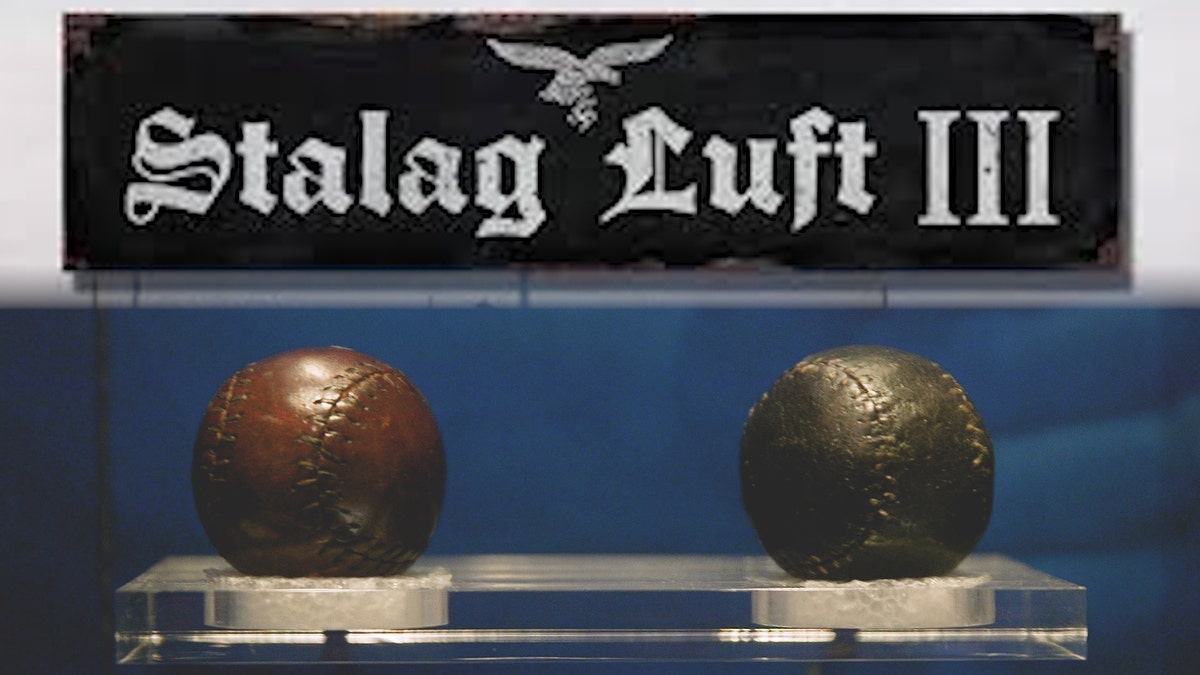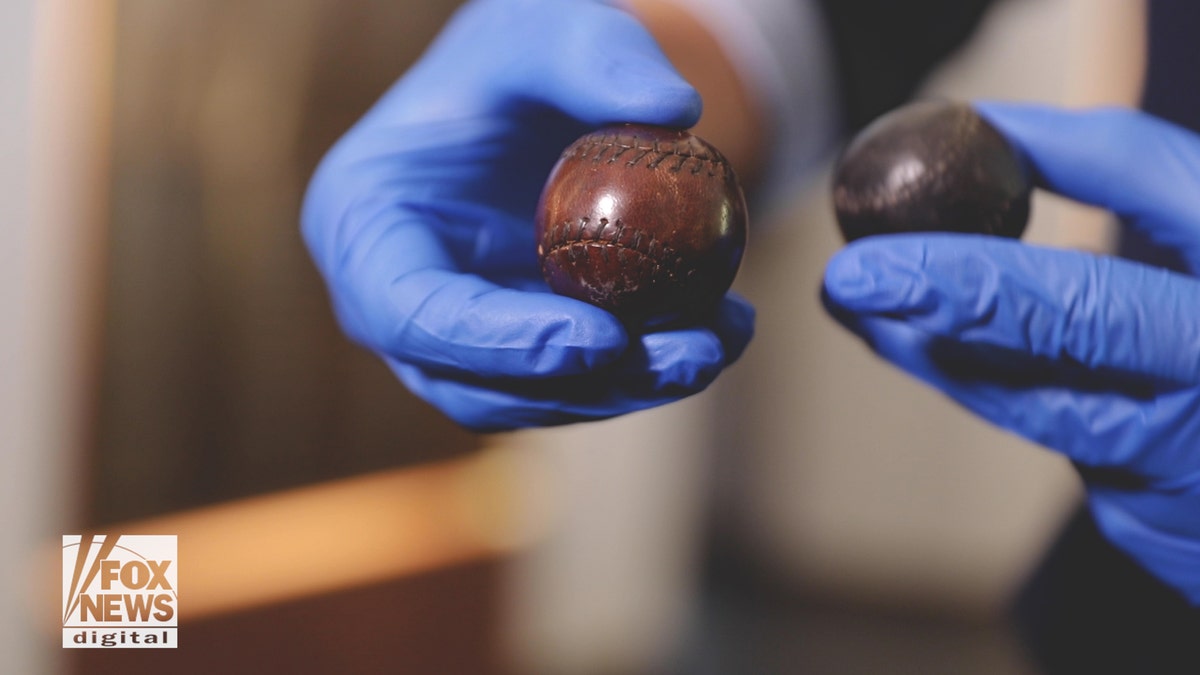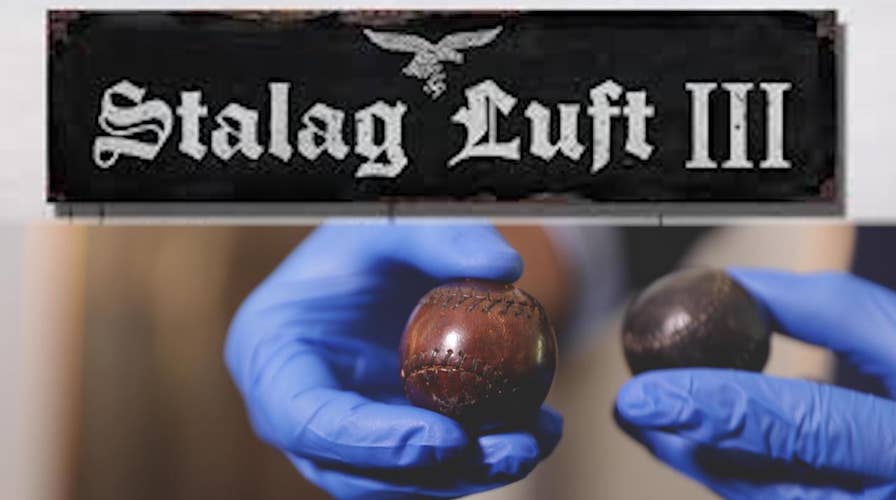Golf: How Allied prisoners survived a notorious WWII Nazi POW camp
Golf and World War II: How Allied prisoners made makeshift golf balls, and how the game of golf helped them survive a notorious Nazi prisoner-of-war camp.
Golf, World War II, and Nazi prisoner-of-war camps do not go hand-in-hand. The game, however, helped Allied prisoners preserve their humanity at the infamous Stalag Luft III.
Run by the Luftwaffe, Stalag Luft III is best known for the famous “Great Escape” prisoner breakout in 1944, which is immortalized in the Hollywood movie of the same name.
Mike Trostel is senior content producer at the United States Golf Association (USGA) and told Fox News that in 1942 the USGA suspended all golf championships for the duration of the war. Golfers’ love for the game, however, continued, even in the stark confines of Stalag Luft III.
ALLIED WW II BOMBING RAIDS SENT SHOCKWAVES TO THE EDGE OF SPACE, SCIENTISTS SAY
“American and British prisoners really wanted a way to preserve their humanity, and a lot of that was through sports, and in particular, golf,” said Trostel. “The German guards in this POW camp allowed the prisoners to build rudimentary golf holes.”

Golf balls made by prisoners of war at Stalag Luft III. (Fox News)
The POWs designed their makeshift golf course using everything from tree stumps to telephone poles for the holes. Trostel told Fox News that the American Red Cross sent golf clubs to the British and American POWs at Stalag Luft III. The Red Cross was not able to send golf balls, however, due to the wartime rations on rubber, and that’s where even more of the soldiers’ ingenuity came in, said Trostel.
The POWs deconstructed their boots and created golf balls. “The soldiers took the leather from the top of their boots and stitched it together, almost like a baseball, to create the outer shell of the golf ball,” explained Trostel. “Then, to create the core of the ball, the soldiers shaved the rubber soles from the bottom of their boots into really small pieces, and stuffed the shavings in the middle.”
STERN OF US WW II DESTROYER DISCOVERED NEAR REMOTE ALASKAN ISLAND: SURVIVOR RECOUNTS HARROWING DAY
Trostel explains that while the makeshift balls did have the trajectory of a traditional golf ball, the prisoners created a way to play golf and mentally escape the conditions of their imprisonment. “Even in the toughest circumstances, in a Nazi camp surrounded by barbed wire, the fact that the soldiers were able to make golf happen is an extraordinary example of the soldiers’ ingenuity in the toughest circumstances and unrelenting drive to preserve their humanity,” said Trostel.

(Fox News)
The USGA’s Golf Museum in Far Hills, New Jersey holds some of the POWs original golf balls from Stalag Luft 3.
Emily DeCiccio is a producer for Fox News Digital Originals. Follow her on Twitter @EmilyDeCiccio.









































